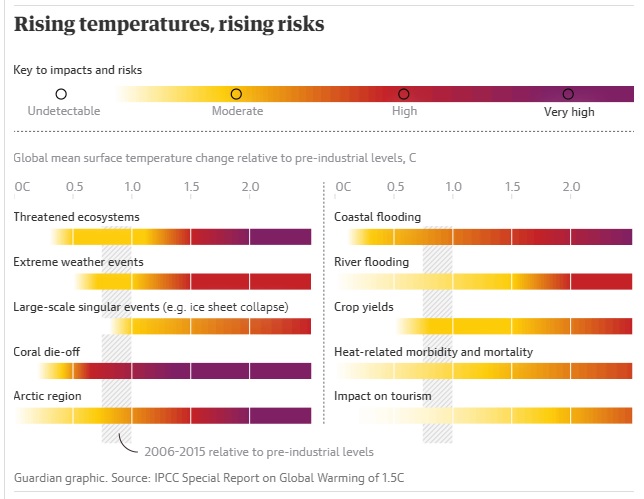This is a very complex subject with a great deal of misinformation out there, so we will try to clarify fact from fiction below.
We at WeNeedaVacation.com are not scientists, but when 97% of the world’s climate scientists agree on the magnitude of this problem, who are we to question?
How does this potentially impact us? The Cape Cod Climate Change Collaborative reports “Human-induced changes in global climate will accelerate sea level rise to rates that Cape Cod has not experienced for thousands of years, and we do not know how the systems that exist today will respond. Other climate-related changes as well – temperature, precipitation, storm frequency and intensity, for example – will have as yet undetermined impacts on the Cape’s ecosystems and, as a result, on human health and welfare. (Dr. Graham Giese, Center for Coastal Studies).
There is a very high confidence (>90% chance) that sea level will rise between 8 inches and 6.6 feet by 2100. This is higher and will be faster than any increases during the past 2000 years. Sea levels have risen 1 foot since 1900 in the Northeast. This rate exceeds the global average of 8 inches and the rate in the Northeast is expected to continue to exceed the global average (National Climate Assessment 2014).”
The UN’s Intergovernmental Panel on Climate Change (IPCC) issued the grim report last fall that the world’s warming is happening faster than ever before predicted and that mankind has 12 years to make substantial changes to ward off damaging and irreversible impact. The goal is to hold the rise in world temperatures to 1.5 degrees Celsius. Why? The report highlights a number of climate change impacts that could be avoided by limiting global warming to 1.5°C compared to 2°C, or more. For instance, by 2100, global sea level rise would be 10 cm (4 inches) lower with global warming of 1.5°C compared with 2°C. The likelihood of an Arctic Ocean free of sea ice in summer would be once per century with global warming of 1.5°C, compared with at least once per decade with 2°C.
This table helps to clarify what these numbers mean. The projected time period is the year 2100:
| Temp increase
|
Sea level rise in feet
|
| 1.5°C / 2.7°F
|
3’
|
| 2.0°C / 3.6°F
|
3.3’
|
The report goes on to say that coral reefs, habitat for over 1 million species, would decline by 70-90 percent with global warming of 1.5°C, whereas virtually all (> 99 percent) would be lost with 2°C. It would also significantly worsen the risks of drought, floods, extreme heat, and poverty for hundreds of millions of people. Climate refugees would flee for safer lands, increasing an already highly-stressed immigration situation world-wide. Insects and plants are almost twice as likely to lose half of their habitat at 2°C compared with 1.5°C. Insects are, of course, critical for crop pollination. This chart from The Guardian says it best:

The impact spreads far beyond sea level rise. It also causes intensified weather patterns all over the world, harm to agricultural production and resulting higher prices, increases in all of our insurance premiums to cover the risks of these intense weather events, huge displacement of peoples in low lying regions leading to millions of climate refugees, and so on and so on.
From the latest IPCC report it will take extraordinary effort by nations, regions and individuals to hold the temperature increase to 1.5°C, so future generations wouldn’t experience greater than a 3’ rise in sea levels.
Let’s work together along with many others to do what we can to mitigate this existential issue!